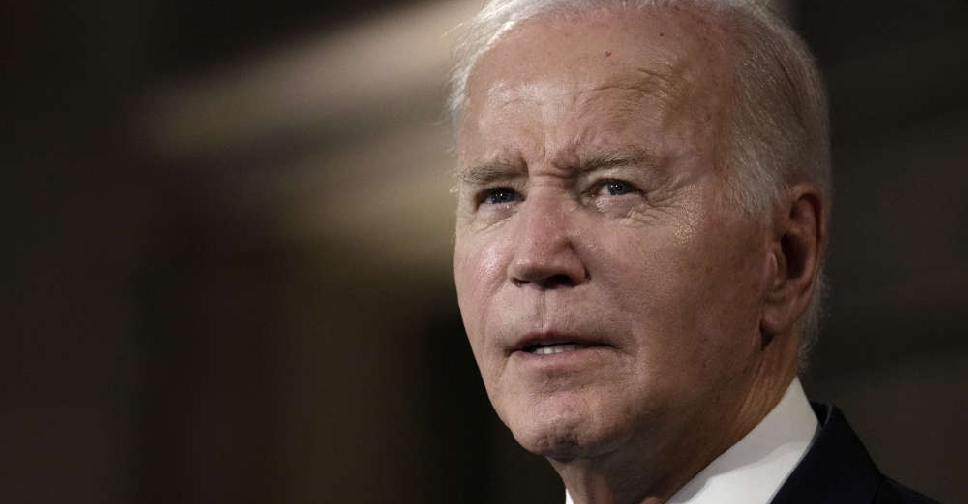
The US House of Representatives will have its long-awaited vote on aid for Ukraine, Israel and the Indo-Pacific as soon as Saturday, Republican Speaker Mike Johnson said on Wednesday, paving the way for its possible passage despite fierce objections from the right wing of his conference.
The House Appropriations Committee unveiled legislation providing more than $95 billion in security assistance, including $60.84 billion to address the conflict in Ukraine, of which $23.2 billion would be used to replenish US weapons, stocks and facilities.
The Israel bill totals $26.38 billion, some of which will cover the cost of US military operations responding to recent attacks. And $9.1 billion of the total is designated for humanitarian needs, something Democrats had demanded, although it bans any funding for the U.N. Palestinian refugee agency UNRWA.
The security aid effort gained urgency following Iran's weekend attacks on Israel in retaliation for a suspected Israeli airstrike on Iran's embassy compound in Damascus on April 1.
The Indo-Pacific measure totals $8.12 billion.
Johnson said he would give House members 72 hours until midday Saturday to review the bill and offer amendments before a vote on final passage.
He also said he would release a separate border security bill, meeting a demand from conservatives.
Democratic President Joe Biden called on Congress to pass the bills quickly. "I will sign this into law immediately to send a message to the world: We stand with our friends, and we won’t let Iran or Russia succeed," Biden said in a statement.
The three bills are similar to a $95 billion foreign assistance package the Senate passed in February with strong 70 per cent bipartisan support. But Johnson declined to move ahead until this week, amid objections from hard-right lawmakers, some of whom threatened to try to oust him as speaker.
The Ukraine measure includes a provision that economic assistance to Kyiv - not military - should be repaid, which was a conservative demand. However, the Biden administration could waive that requirement.
Late on Wednesday, House leaders introduced a fourth national security bill as part of the package. It includes several provisions not part of the Senate bill, including provisions to allow the transfer of frozen Russian assets to Ukraine and sanctions targeting Hamas and Iran.
The measure also would prevent app story availability or web hosting services in the US for applications controlled by China's ByteDance, including TikTok, unless the applications sever ties to ByteDance or other entities "subject to the control of a foreign adversary".

 Teenage boy killed in London sword attack
Teenage boy killed in London sword attack
 Kenya searches for more than 90 missing after floods
Kenya searches for more than 90 missing after floods
 Biden holds calls with leaders from Qatar, Egypt over Gaza ceasefire
Biden holds calls with leaders from Qatar, Egypt over Gaza ceasefire
 Sword-wielding man arrested in London after reports of stabbing
Sword-wielding man arrested in London after reports of stabbing



